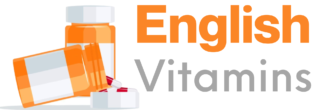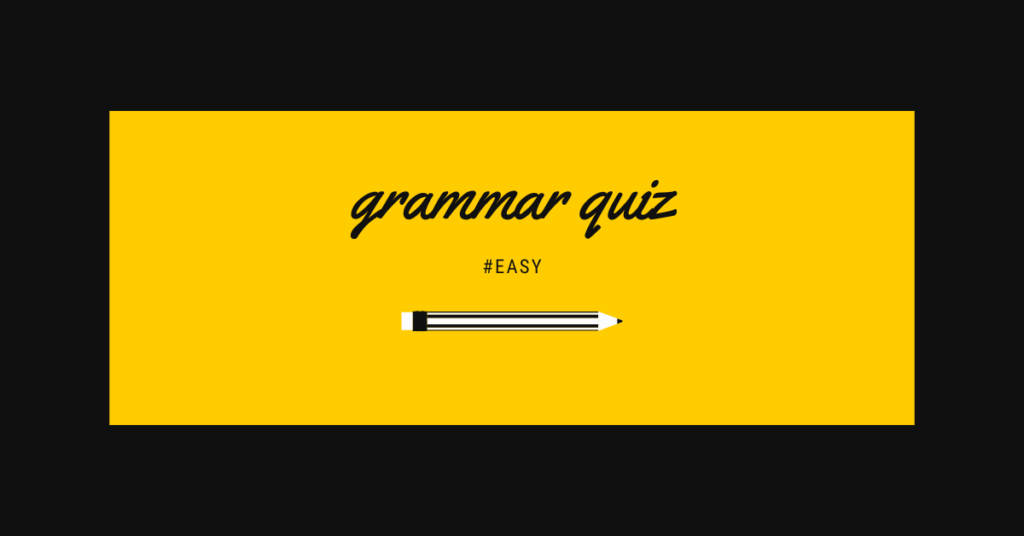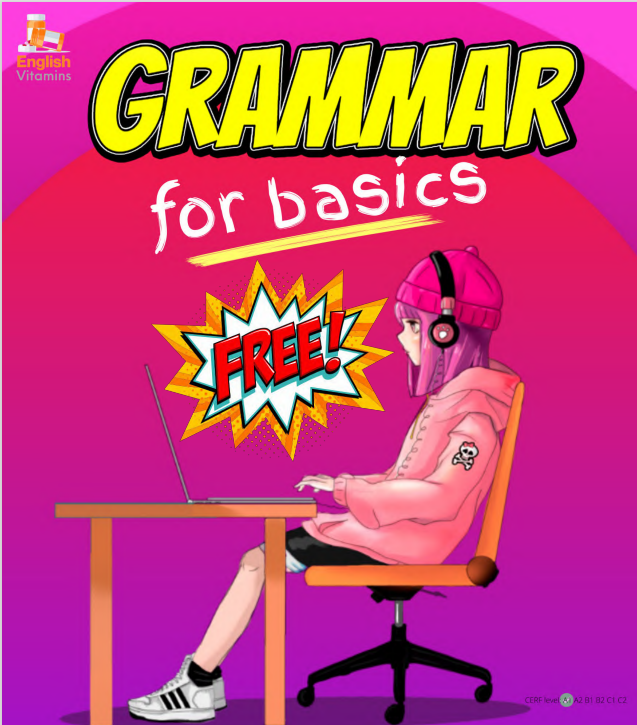El problema principal con los UNCOUNTABLE NOUNS es que muchos de ellos son contables en español.
Checa estos errores comunes cuando utilizamos UNCOUNTABLE NOUNS:
I need information. (NO I need an information.) (no a)
I need some information. (NO I need informations.)(no plural)
The homework was difficult. (NO The homework were difficult.) (usa el verbo en singular)
• Please, put all that rubbish in the bin over there.
• Is there any more news about the woman who was injured?
• She gave me some good advice about buying a car.
• Do the children get pocket money?
• You need a lot of equipment for camping, e.g. tent, sleeping bag,
torch, things for cooking, etc.
• We sold the furniture.
• The scenery is really beautiful.
• My knowledge of Russian is limited.
• She’s worked very hard and I believe she is making progress.
• Can you take the dog? We haven’t got any room in our car.
• Would anyone like some more toast?
• The children’s behaviour was terrible: they were climbing all
over the furniture and making a lot of noise.
Ejemplos de UNCOUNTABLE NOUNS:
En el diccionario los Countable Nouns aparecen con una (C) y los Uncountable Nouns con una (U). Algunos sustantivos tienen un significado cuando son contables y otro cuando son incontables.
experience (U) [the knowledge you get from doing a particular job or activity]
She’s got a lot of experience of working with children.
experience (C) [something that happens to you that affects the way you feel]
I had so many fantastic experiences on my trip to Thailand and Japan.
chance (U) [luck]
Lotto is a game of chance.
chance (C) [the opportunity to do something]
He’s had several chances to go abroad, but he’s just not interested.
¿Podemos hacer contable lo incontable?
Claro, basta con utilizar piece (+ advice, equipment, toast, furniture, news) y a bit.
- a good piece of advice
- an interesting bit of news
- another piece of toast
- just a bit of rubbish



